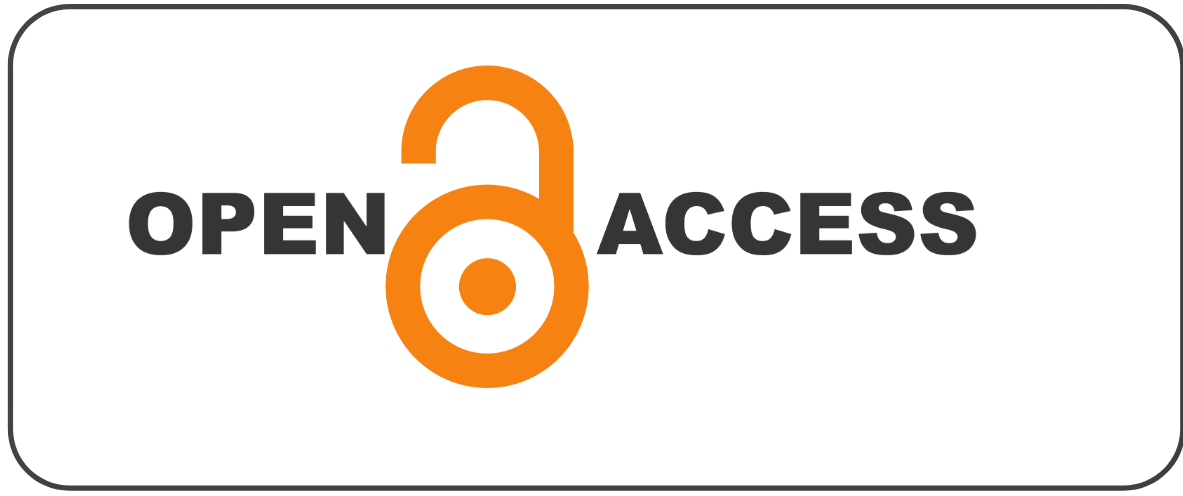UNDERSTANDING HOW GRIT AND EGO-RESILIENCE INFLUENCE STRESS IN UNIVERSITY STUDENTS
DOI:
https://doi.org/10.53555/e2tm0e14Keywords:
grit, Duckworth, Ego-resilience , Stress, AnxietyAbstract
In recent times, stress, happiness, grit, and resilience have been identified as key concepts related to the well-being of college students, and they have been a concern among psychologists and experts in related fields. Grit is believed to be a stable characteristic or disposition that an individual possesses, similar to other traits like personality traits, which influence their attitudes and behaviours. Highly gritty individuals are expected to display a far greater persistence in pursuing their set goals irrespective of the number of setbacks, obstacles, distractions or any other hurdles than their less gritty counterparts. In the context of an educational setup, grit is showcased as the potentially significant factor in determining outcomes of several factors such as engagement of students in the class/course, level of achievement, retention and their probability to graduate from college/school (Wolters & Hussain, 2014).
References
References
1. Balamurugan, M., & Kumaran, D. (2008). ED501881 - Development and Validation of Students' Stress Rating Scale (SSRS), Online Submission, 2008-Apr. Retrieved from https://eric.ed.gov/?id=ED501881
2. Connor, K. M., & Davidson, J. R. (2003). Development of a new resilience scale: The Connor‐Davidson resilience scale (CD‐RISC). Depression and Anxiety, 18, 76-82. http://dx.doi.org/10.1002/da.10113
3. Block, J., & Kremen, A. M. (1996). IQ and ego-resiliency: Conceptual and empirical connections and separateness. Journal of Personality and Social Psychology, 70(2), 349-361. doi:10.1037/0022-3514.70.2.349
4. Devi. S., & Mohan, S. (2015). A study on stress and its effects on college students. International Journal of Scientific Engineering and Applied Science, 1(7), 449–456. Retrieved from http://ijseas.com/
5. Diener, E. (2000). Subjective well-being: The science of happiness and a proposal for a national index. American Psychologist, 55(1), 34–43. doi:10.1037//0003-066x.55.1.34
6. Dimitrov, George. (2017). A study on the impact of Academic Stress among college students in India. Ideal Research an International Multidisciplinary e-Journal ISSN: 2454-857X. 2. 21-35.
7. Duckworth, A. L., Peterson, C., Matthews, M. D., & Kelly, D. R. (2007). Grit: Perseverance and passion for long-term goals. Journal of Personality and Social Psychology, 92(6), 1087-1101. doi:10.1037/0022-3514.92.6.1087
8. Duckworth, A. L., & Quinn, P. D. (2009). Development and Validation of the Short Grit Scale (Grit–S). Journal of Personality Assessment, 91(2), 166-174. doi:10.1080/00223890802634290
9. Ferrari, J. R., Driscoll, M., & Díaz-Morales, J. F. (2007). Examining the self of chronic procrastinators: actual, ought, and undesired attributes. Individual Differences Research, 5(2), 115–123.
10. Hanford, E. (2014, January 9). APM Reports - Investigations and Documentaries from American Public Media. Retrieved from http://americanradioworks.publicradio.org
11. Hodge, B., Wright, B., & Bennett, P. (2017). The Role of Grit in Determining Engagement and Academic Outcomes for University Students. Research in Higher Education, 59(4), 448–460. doi:10.1007/s11162-017-9474-y
12. Kim, B., & Shin, S. (2016). Influence of Happiness and Ego-Resilience on Department Satisfaction in College Students. Indian Journal of Science and Technology, 9(43). doi:10.17485/ijst/2016/v9i43/105041
13. Kleiman, E. M., Adams, L. M., Kashdan, T. B., & Riskind, J. H. (2013). Grateful individuals are not suicidal: buffering risks associated with hopelessness and depressive symptoms. Personality and Individual Differences, 55(5), 595–599.
14. MacCann, C., & Roberts, R. (2010). Do time management, grit, and self-control relate to academic achievement independently of conscientiousness? In R. Hicks (Ed.), Personality and individual differences: Current directions (pp. 79–90). Bowen Hills, QLD, AUS: Australian Academic Press
15. Martin, A. (2002). Motivation and Academic Resilience: Developing a Model for Student Enhancement. Australian Journal of Education, 46(1), 34–49. doi:10.1177/000494410204600104
16. McGillivray, C. J., & Pidgeon, A. M. (2015). Resilience attributes among university students: a comparative study of psychological distress, sleep disturbances and mindfulness. European Scientific Journal, 11(5), 33-48. Retrieved from e - ISSN 1857- 7431
17. Misra, R. & McKean, M & West, S & Russo, T. (2000). Academic stress of college students: Comparison of student and faculty perceptions. College student journal. 34. 236–245.
18. Reed, J., Pritschet, B. L., & Cutton, D. M. (2013). Grit, conscientiousness, and the transtheoretical model of change for exercise behaviour. Journal of Health Psychology, 18(5), 612–619.
19. Ribeiro, Í. J., Pereira, R., Freire, I. V., De Oliveira, B. G., Casotti, C. A., & Boery, E. N. (2018). Stress and Quality of Life Among University Students: A Systematic Literature Review. Health Professions Education, 4(2), 70–77. doi:10.1016/j.hpe.2017.03.002
20. Singh, Kamlesh & Jha, S.D. (2008). Positive and negative affect, and grit as predictors of happiness and life satisfaction. Journal of the Indian Academy of Applied Psychology. 34. 40-45
21. Schraw, G., Wadkins, T., & Olafson, L. (2007). Doing the things we do: a grounded theory of academic procrastination. Journal of Educational Psychology, 99, 12–25.
22. Steel, P. (2007). The nature of procrastination: a meta-analytic and theoretical review of quintessential self-regulatory failure. Psychological Bulletin, 133(1), 65–94.
23. Strayhorn, T. L. (2013). What role does grit play in the academic success of Black male collegians at predominantly White institutions? Journal of African American Studies, 1–10. doi: 10.1007/s12111-012- 9243-0.
24. Wolters, C. A., & Hussain, M. (2014). Investigating grit and its relations with college students’ self-regulated learning and academic achievement. Metacognition and Learning, 10(3), 293-311. doi:10.1007/s11409-014-9128-9







